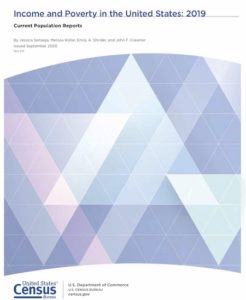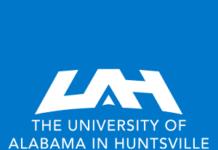
Money remains a major barrier in the quest for educational equality in America. With annual costs of more than $70,000 for some private colleges and universities and fees of more than $25,000 at some state-operated higher educational institutions, “sticker shock” tends to push people away from attaining higher education. It is true that there are vast financial aid resources available but often full financial need cannot be met and prospective students are faced with the prospect of going into substantial debt in order to obtain a college degree.
The lack of money for higher education is of particular concern to the African American community. Previous research has shown that there are large numbers of young Black Americans from low-income families who don’t even bother to consider pursuing higher education because of the perceived cost.
Poverty impacts a large segment of the African American population. The U.S. Census Bureau has released its annual report on poverty in the United States.
The report shows that in 2019, 8,073,000 African Americans were living below the official poverty line in the United States. This was 18.8 percent of the entire Black population. In contrast, only 7.3 percent of the non-Hispanic White population was living in poverty.
In 2019, nearly 26.4 percent of all African Americans below the age of 18 were living in poverty. For non-Hispanic White children, the rate was 8.3 percent.
The Black-White poverty rate gap where African Americans are about three times as likely to be poor as Whites, has remained virtually unchanged for the past half century.











